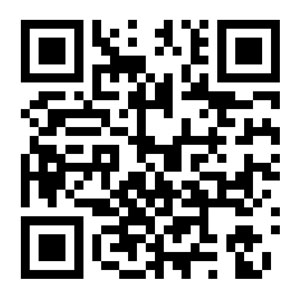托福口語備考的最好資源就是真題,我們可以利用托福真題進(jìn)行思路拓展和練習(xí)錄音并分析反思自己的錄音,也可以剖析研究高分口語回答看看有哪些值得借鑒的表達(dá)和思路,托福口語task2屬于獨(dú)立任務(wù),也被稱為“判斷/選擇題”,要求考生從給定的話題選項(xiàng)中做出判斷或選擇,下面我們來看一篇托福口語task2真題:Of the following courses, which would you like to be added to your schedule most: music history, economics, or science?以下哪一項(xiàng)你最希望加入到你的課程表中:音樂史,經(jīng)濟(jì),還是科學(xué)?
【高分回答】
I would choose music history for a number of reasons.
First, taking music courses has a ripple effect of helping students become better at other courses. When a team of researchers explored the connection between intelligence and music, they found that music instruction is far more effective than computer-based instruction when developing abstract critical thinking skills.
Secondly, regardless of what we do for a living, all of us can learn from the past. Music is an integral part of our culture, a part that has ebbed and flowed in various directions over time. Learning about its history, and the ways in which it has changed over time, will make our appreciation for it much greater.
我會選擇音樂史的原因有很多。
首先,選修音樂課程有助于學(xué)生更好地學(xué)習(xí)其他課程。當(dāng)一組研究人員探索智力和音樂之間的聯(lián)系時,他們發(fā)現(xiàn)音樂教學(xué)在開發(fā)抽象的批判性思維技能時比基于計算機(jī)的教學(xué)更有效。
其次,無論我們以什么為生,我們都可以從過去中吸取教訓(xùn)。音樂是我們文化的一個組成部分,隨著時間的推移,音樂衰落并到流逝各個方向。了解它的歷史,以及它隨時間變化的方式,將使我們對它的欣賞更大。
【亮點(diǎn)剖析】
Outline
choose music history 選擇音樂史
R1: music courses help students become better at other courses 音樂課程有助于學(xué)生更好地學(xué)習(xí)其他課程
R2: music history help people learn from the past to better appreciate things 音樂史幫助人們學(xué)習(xí)過去從而更好地欣賞事物
Vocabulary
ripple effect 連鎖反應(yīng) 漣漪作用
explore 探索
abstract 摘要
critical thinking skills 批判性思維技巧
regardless 不管的 ebb 衰退
托福口語task2雖然要求考生對給定話題選項(xiàng)做出選擇或判斷,但其實(shí)考生到底選擇支持其中哪一項(xiàng)并不重要,重要的是考生是否能夠在回答的開頭簡明扼要闡述清楚自己的選擇,然后條理清晰、邏輯嚴(yán)謹(jǐn)?shù)亟o出有說服力的理由,托福獨(dú)立口語是最適合考生提升自身綜合口語能力的部分,我們需要充分利用托福口語真題資源,借鑒參考優(yōu)秀回答并不斷融入到實(shí)際練習(xí)反思中,才能收獲托福口語水平的提升。















